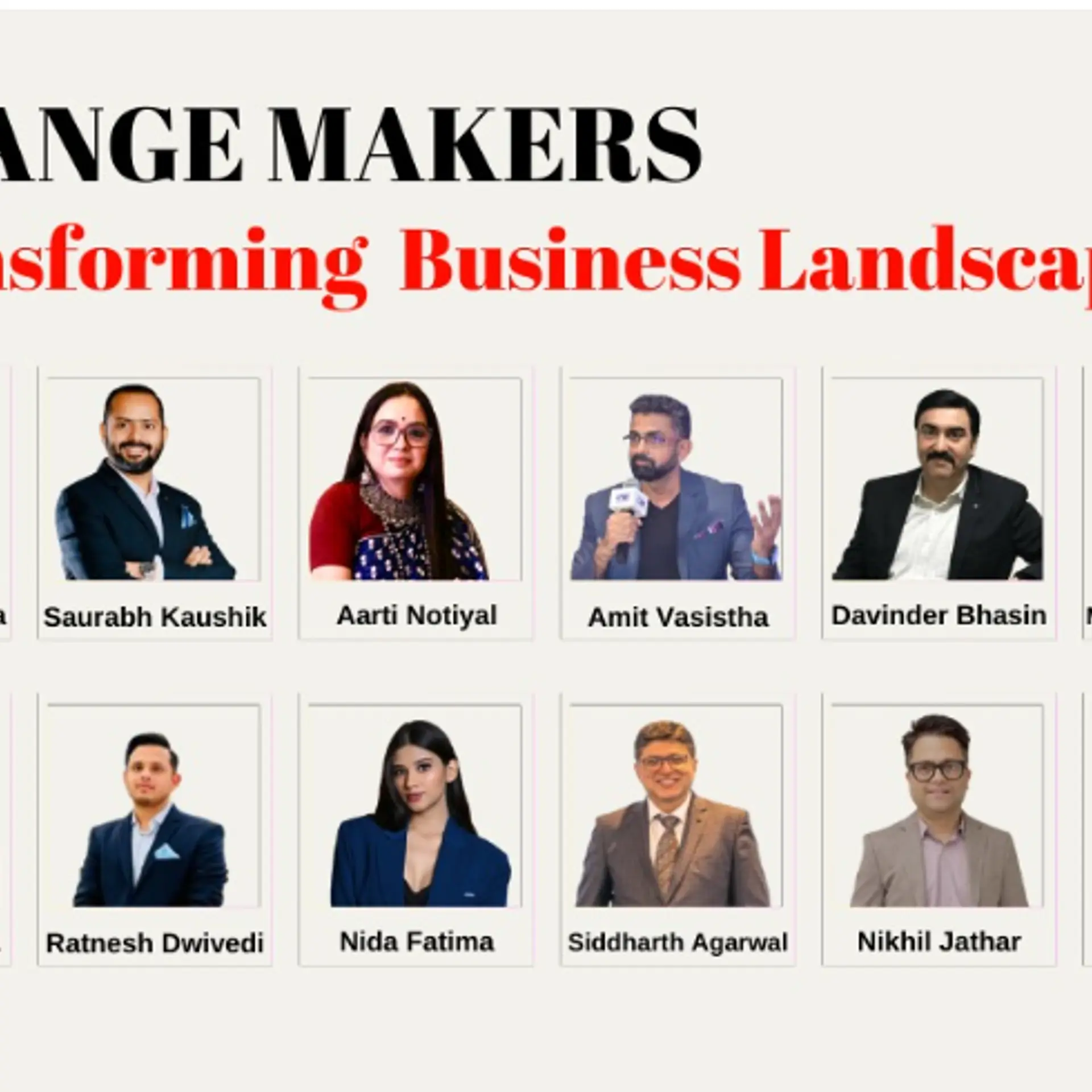The World Bank’s PSD Blog posted yesterday on how despite the novelty of social entreprenership and its potential to change the way development operates, it still suffers from teh same pitfalls that plague traditional development models. The report cited suggests that we still have some ways to go before we can officially label the emergence of the social investment pardigm as Development 2.0.
However, the analysis of 24 online social markets leads the authors to conclude that, whilst they are “relentless innovators” that succeed in attracting a new donor base, their transformative power is hindered by an all too familiar problem to “old” development players – the lack of reliable performance data and a common reporting framework.
Whilst 83 percent of surveyed markets believed performance data to be important to encourage donations, only 68 percent report on progress of the offerings on a regular basis, and a mere 27 percent provide any kind of formal evaluation. “One searches in vain for well-defined criteria for assessing the performance and impact of the organizations listed in the markets” and “the information available to[…] social investors for making their decisions falls far short of any acceptable standard of systemization.” Perhaps even more tellingly, only 14 percent of the reporting presents some form of beneficiary validation – which, arguably, could be one of the greatest advantages of using interactive media vs. more traditional approaches (think about Amazon-style ratings provided by donor recipients).
The entire report can be found here.






